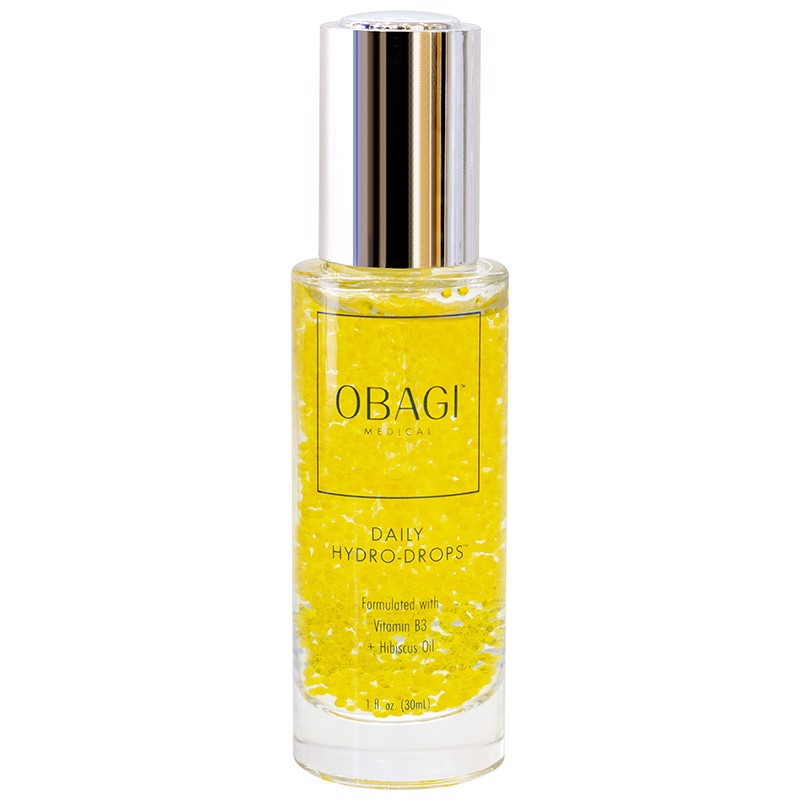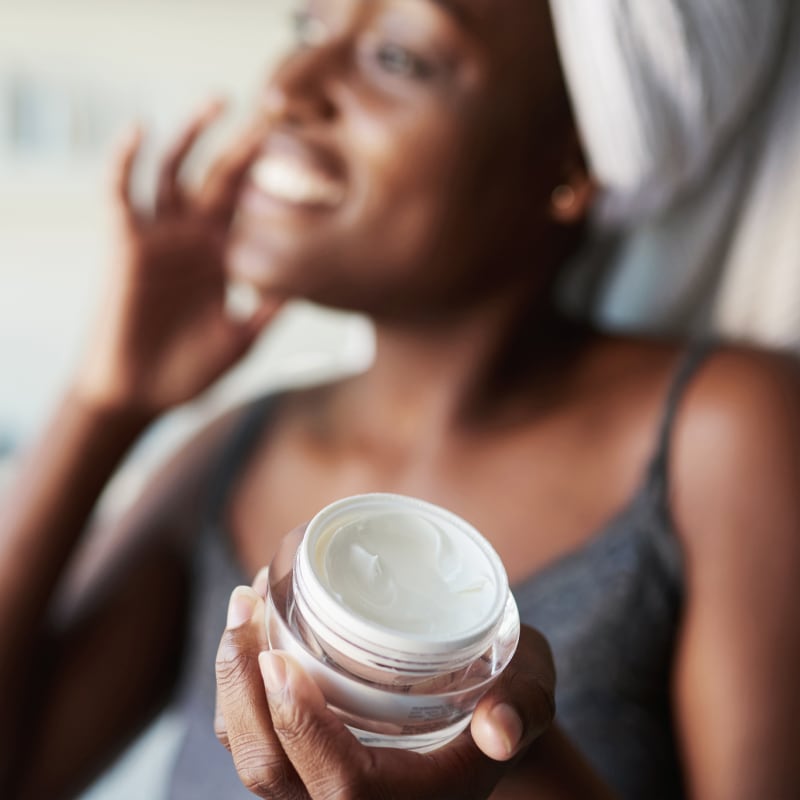Skincare During Pregnancy and Breastfeeding: A Safe and Nourishing Guide
Posted on 15th August 2024
Pregnancy and breastfeeding are transformative phases in a person’s life, and with them come changes in the skin. From hormonal shifts to increased sensitivity, your skin may need a little extra TLC. However, caring for your skin during this time requires extra caution to ensure the products you use are safe for both you and your baby.
This guide will explore the benefits of maintaining a skincare routine while pregnant or breastfeeding, highlight safe ingredients to use, and flag those to avoid.
Why Skincare Is Important During Pregnancy and Breastfeeding
- Hormonal Changes
Hormones like estrogen and progesterone surge during pregnancy, potentially causing issues like acne, hyperpigmentation (melasma), and dryness. A targeted skincare routine can help manage these changes effectively. - Self-Care Benefits
Skincare routines offer a moment of calm amidst the demands of pregnancy and new parenthood. Taking time to nurture your skin can also nurture your mental well-being. - Long-Term Skin Health
Pregnancy can accelerate changes like stretch marks and pigmentation, but addressing these concerns early can improve your skin’s resilience and recovery post-pregnancy.
Safe Ingredients to Use While Pregnant or Breastfeeding
- Hyaluronic Acid
A powerhouse hydrator that plumps the skin and relieves dryness without posing any risk to your baby. - Niacinamide
Known for its soothing and brightening properties, niacinamide can reduce redness, regulate oil production, and even out skin tone. - Vitamin C
This antioxidant helps combat pigmentation, boosts collagen production, and protects against environmental damage. - Zinc Oxide and Titanium Dioxide
Mineral sunscreens are safe for both pregnancy and breastfeeding. They shield your skin from harmful UV rays without absorbing into your bloodstream. - Shea Butter and Coconut Oil
Ideal for soothing dryness and stretch marks, these natural moisturizers are gentle and effective.
Ingredients to Avoid While Pregnant or Breastfeeding
- Retinoids (Vitamin A Derivatives)
Including retinol, tretinoin, and isotretinoin, these are commonly used for anti-aging and acne but should be avoided due to potential risks to the baby’s development. - Salicylic Acid (High Concentrations)
While low doses in cleansers are generally safe, high concentrations can be absorbed into the bloodstream and should be avoided. - Hydroquinone
Used to treat pigmentation, this ingredient has a high absorption rate and is best avoided during pregnancy. - Chemical Sunscreens
Ingredients like oxybenzone and avobenzone may disrupt hormones and are better replaced with mineral-based sunscreens. - Essential Oils
Some essential oils, such as rosemary and clary sage, may not be safe in large quantities due to their potential to stimulate uterine contractions. Always check labels and consult your doctor. - Formaldehyde and Parabens
These preservatives, sometimes found in older formulations, are best avoided due to potential links to developmental risks.
Dealing With Common Pregnancy Skin Concerns
- Acne
Switch to pregnancy-safe alternatives like azelaic acid - Melasma (Pregnancy Mask)
Prevent further pigmentation with daily sunscreen and use brightening agents like niacinamide or vitamin C. - Stretch Marks
Moisturize consistently with shea butter or cocoa butter and stay hydrated to improve skin elasticity. - Dry Skin
Combat dryness with products containing ceramides and hyaluronic acid, and avoid over-cleansing.
Tips for Staying Safe
- Patch Test New Products
Pregnancy can make your skin more sensitive. Always patch-test new products on a small area before applying them fully. - Consult Your Doctor
When in doubt, ask your healthcare provider about specific products or ingredients. - Read Labels Carefully
Stick to products labeled as pregnancy-safe and avoid ones with questionable ingredients.
Final Thoughts
Skincare during pregnancy and breastfeeding isn’t just about appearance—it’s about protecting your skin and practicing self-care in a time of major life changes. By understanding what to use and avoid, you can safely address skin concerns while prioritizing the health of both you and your baby.



